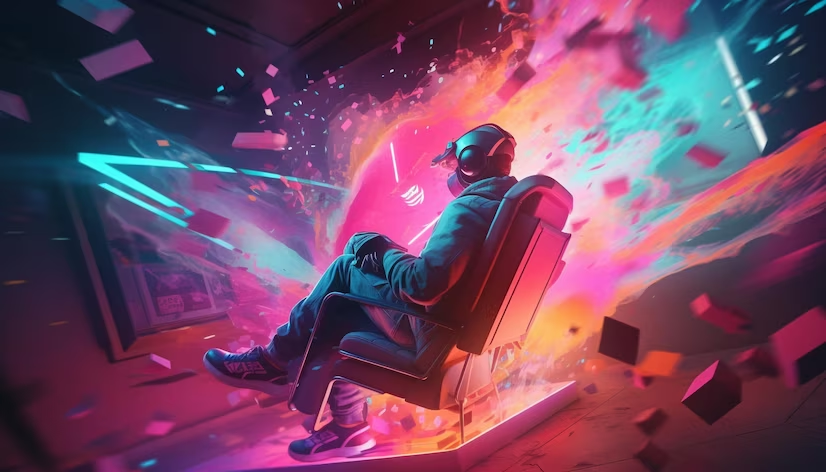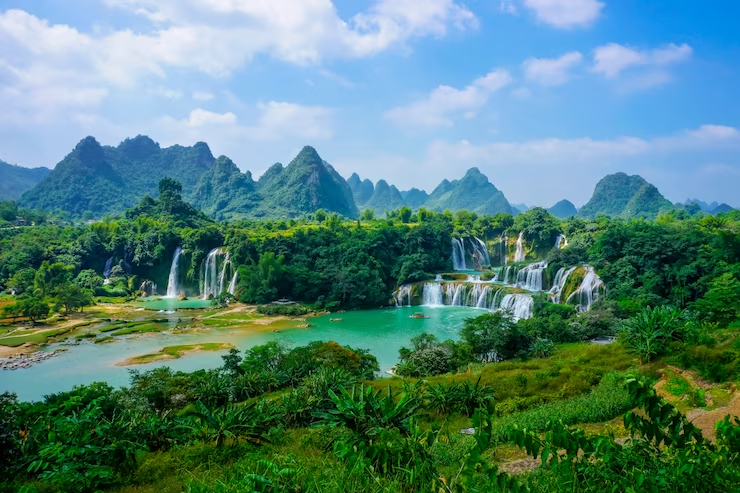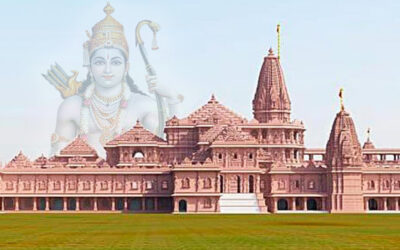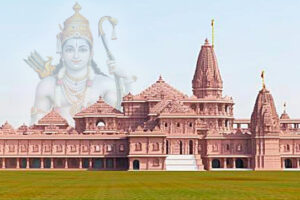In the tapestry of India’s rich cultural heritage and economic dynamism, the education system stands as a cornerstone, shaping the destinies of millions. From ancient centers of learning to modern institutions, the journey of education in India is an epic saga of tradition, transformation, and the pursuit of knowledge. Join us on an exhilarating exploration as we unravel the layers of the education system in India, delving into its challenges, triumphs, and the relentless spirit of learning that echoes through the corridors of academia.

Image by pressfoto on Freepik
1. Gurukuls of Ancient India:
Step back in time to the era of gurukuls, where sages imparted knowledge under the shade of ancient trees. The gurukul system, rooted in the Vedic tradition, laid the foundation for India’s reverence for education as a holistic and spiritual pursuit.
2. Nalanda and Takshashila: Ancient Seats of Learning:
Journey to Nalanda and Takshashila, ancient universities that attracted scholars from across the world. These centers of learning were beacons of knowledge, contributing to advancements in science, mathematics, medicine, and philosophy.
3. Colonial Influence on Education:
Explore the impact of colonial rule on the education system in India. The introduction of Western education brought about significant changes, leading to the establishment of universities and a formalized system of education.
1. Universal Education Initiatives:
Celebrate the strides made in universal education initiatives, with the Right to Education Act ensuring access to education for all children. Despite challenges, the commitment to inclusive education is transforming the educational landscape.
2. STEM Education and Technological Integration:
Embrace the emphasis on STEM (Science, Technology, Engineering, and Mathematics) education, aligning with the demands of the modern workforce. Technological integration in classrooms is fostering a new era of interactive and dynamic learning experiences.
3. Challenges of Standardized Testing:
Delve into the challenges posed by the emphasis on standardized testing. The debate over the efficacy of exams like the board exams and entrance tests highlights the need for a more comprehensive evaluation system.
1. IITs and Premier Technical Institutes:
Explore the legacy of the Indian Institutes of Technology (IITs) and other premier technical institutes. These institutions have become synonymous with excellence in engineering and technology, producing innovators and industry leaders.
2. Revival of Liberal Arts Education:
Witness the revival of liberal arts education, challenging the notion that a career must be confined to traditional streams. Liberal arts colleges are nurturing well-rounded individuals with a focus on critical thinking and creativity.
3. Global Perspectives: Study Abroad and International Collaborations:
Navigate the global perspectives in higher education, with an increasing number of students choosing to study abroad. International collaborations between Indian and foreign universities are enriching academic experiences and fostering cultural exchange.
1. Online Learning Platforms:
Step into the digital classrooms of India’s EdTech revolution. Platforms like BYJU’s, Coursera, and Khan Academy are democratizing education, offering accessible and interactive learning experiences.
2. Skill Development Initiatives:
Explore the skill development initiatives that bridge the gap between education and employability. From coding bootcamps to vocational training programs, technology is shaping a workforce ready for the demands of the future.
3. Virtual and Augmented Reality in Education:
Embrace the possibilities of virtual and augmented reality in education. These emerging technologies are transforming classrooms into immersive environments, enhancing engagement and understanding.
1. Cultural Integration in Curricula:
Celebrate the inclusion of arts, music, and sports in the education system. Schools and colleges are recognizing the importance of holistic development, integrating cultural activities into curricula.
2. Promotion of Indigenous Knowledge:
Explore initiatives promoting indigenous knowledge systems and regional languages in education. Efforts to preserve and promote diverse cultural heritage contribute to a more inclusive and culturally rich educational experience.
3. Sports Academies and Scholarships:
Witness the rise of sports academies and scholarships, nurturing budding athletes alongside academic pursuits. The recognition of sports as an integral part of education is creating a generation of well-rounded individuals..
1. Digital Divide and Accessibility:
Address the challenges of the digital divide and accessibility in education. Innovations like mobile learning and community-based initiatives aim to bridge gaps and ensure education reaches every corner of the country.
2. Teacher Training and Professional Development:
Recognize the importance of teacher training and professional development in elevating the quality of education. Initiatives focusing on empowering educators are crucial for nurturing a skilled and motivated teaching workforce.
3. Entrepreneurship and Innovation Hubs:
Explore the emergence of entrepreneurship and innovation hubs within educational institutions. Incubators and accelerators are fostering a culture of innovation, encouraging students to become entrepreneurs and problem solvers.
As we navigate the dynamic landscape of education in India, one thing becomes clear: the journey is a continuum, a quest for knowledge that transcends time and boundaries. From the ancient gurukuls to the digital classrooms of today, the spirit of learning remains undaunted. As India strides into the future, the education system is not just a reflection of the past or a response to the present; it is a blueprint for shaping the aspirations, talents, and potential of the generations to come. In this odyssey of education, where tradition meets innovation, may every student, teacher, and institution be a beacon of enlightenment, shaping a future that knows no limits and a society that values the pursuit of knowledge above all. Education in India is not just a system; it’s a celebration—a celebration of possibilities, dreams, and the unquenchable thirst for learning that echoes in the hearts of millions.


























